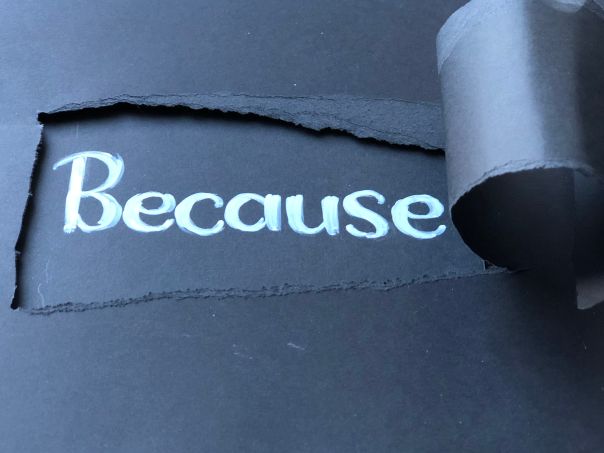The difference between because of and due to can be tricky to define.
The phrases are similar in meaning and often confused, especially when it comes to writing. It is important to differentiate between the two to be able to use them in the correct way. Because of and due to are two different ways of saying the same thing.
Being that they both mean the same thing, it is confusing when people misuse this word.
Summary Table
| Because of | Due to |
| Preposition, noun, verb | Adverb |
| Followed by noun, subject, and adverb | Followed by either noun, subject, or adverb |
| Caused by something or someone | Cause by circumstances |
Definitions
Because of means “because of something.” It can also be used as a noun to describe something that is the direct cause of something else. Because indicates that something or someone, rather than an action, is the immediate reason or cause for another thing or person.
Due to means “owing to someone’s action,” or “because of circumstances beyond one’s control.” It can also mean “the reason for which something is done or requested.”
Because Of vs Due To
The two terms are often used interchangeably. However, they mean two different things. “Because” is a preposition that means “for the reason that,” whereas “due to” is an adverb that means for the reason of or due to. “Because” is a preposition, whereas “due to” is not.
Because of is more specific than due to, and it also tends to have a stronger emphasis on cause (causing). When used as a noun or preposition, because indicates that something with which one is dealing is the immediate cause of something else. As a verb, because indicates that something was caused by something or someone.
Why use because of? It’s the more formal version, which means that it is usually used in academic or formal situations (e.g., because of the political situation). We can use because of when it is a cause or reason, but only in certain circumstances.
It’s not used as often as it once was and often replaced by the more natural-sounding “because.”
Why use due to? Due to usually means that the action happened because of something else.
It’s not used as often as it once was, but the phrase is completely acceptable in any situation.
This means that because is used to describe an action that was carried out by another person or thing, whereas due describes an action as being caused by another person or thing.
Because of is used when a cause is the reason for an event. It should be followed by a noun, subject and verb. Due to describes something that happens as a result of something else happening beforehand. Due to can be followed by either a noun or subject and verb.
Because of can be used before a noun or after a verb, while due to can only be used after a verb.






